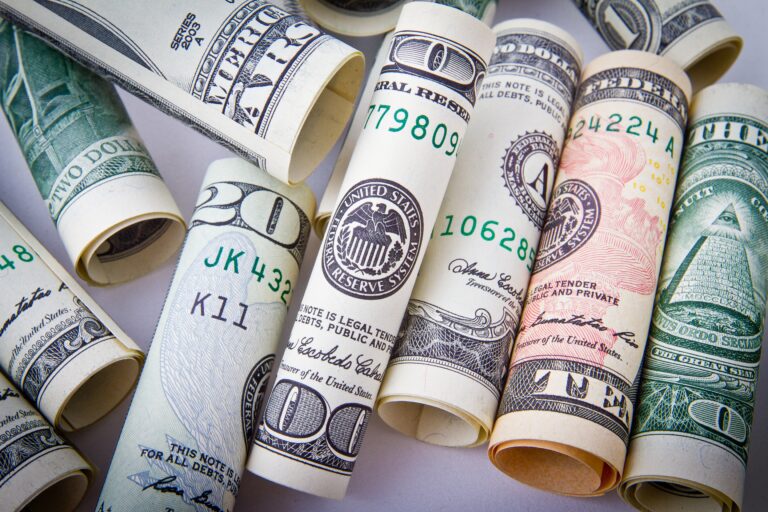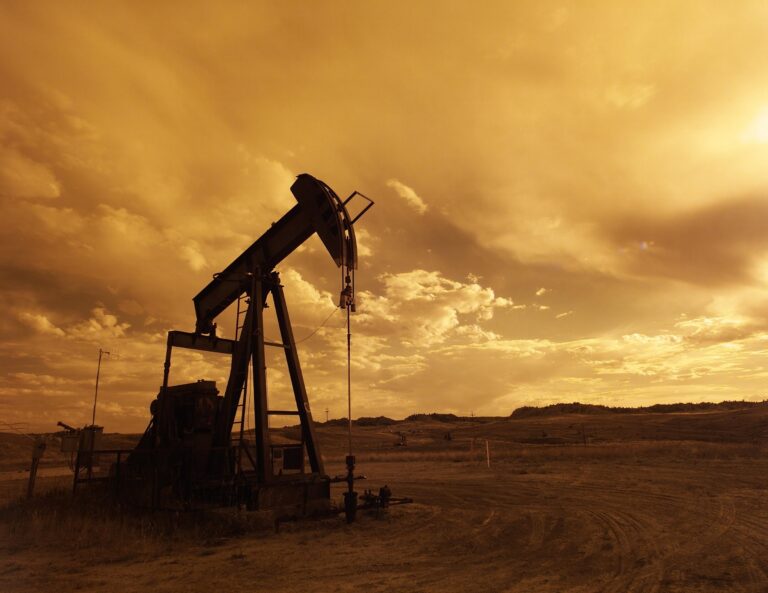
Morning Brief – Deep and sharp
Alarm bells are still ringing. Households are on lockdown. Authorities are seemingly powerless to overcome the Coronavirus pandemic. Yesterday the Fed’s almost unprecedented 1% weekend cut in the target rate and a $700bn ramp up in quantitative easing failed to placate markets. If you’re not sure what that means it’s the Fed filling more than 116 Air Force Ones with $100 bills and throwing it over Washington DC for spending. Even a G7 commitment in true Super Mario form to do “whatever is necessary to ensure a strong global response” failed to stem the value bleed from risky investments. The problem Coronavirus presents is becoming ever more pervasive. But surely someone’s got to focus on the silver lining…?! I’ll give it a crack.
The global economy looks like it is emerging from one of its longest and largest expansions in history. Without sounding like I’ve suddenly converted to a socialist economy ideology, the world was over indebted and that puts a strain on the very growth that facilitated the debt’s creation. The economy’s natural response is to contract – we get a recession – something like that which we saw during the Great Depression of 2007/8. It’s econ101 – a squiggly line on top of a straight one – the business cycle. In 2007/8 the recession and crisis in the real economy was caused by a financial crisis. That’s particularly damaging because the banking system stops handing out money at the very time when the world needs it. Lending for mortgages, asset purchases and business funding dries up because banks themselves are the subject of immense balance sheet strain and need all the cash they can get their hands on!
In fact, a financial crisis has often preceded a crisis and recession in the real economy and the two have seldom been separated. The world was due a correction and, in the absence of an exogenous shock like the coronavirus, and like the oil price shock that we’ve been ‘double punched’ by in recent weeks it might not have come for as long as a couple of years. It would have been long and laborious and cost thousands if not millions of jobs worldwide.
Now though, because of the sudden collapse in supply chains, travel, consumer spending and productivity, it’s taps open on monetary and fiscal accommodation. What’s more than that is we have well capitalised banks that can still lend to individuals and business to weather the storm. Many have been offered a deposit ratio of 0% to encourage spending meaning that when its back to business as usual (likely in summer once the peak of the virus has been and gone) the global economy should soar in one of the most aggressive periods of growth in modern history. The combination of oil at $20-30 and cash aplenty will mean that business conditions are optimal once the world is back online. The downturn should in summary be deep and sharp with an impressive V-, not U-, shaped recovery.
If that wasn’t enough good news for you, never have I had so much room in which to stretch my arms and accommodate the full majesty of a broadsheet on my morning commute… every cloud!
Discussion and Analysis by Charles Porter

Click Here to Subscribe to the SGM-FX Newsletter
Related Insights

Daily Brief – Strong USD
Strong USD Those punitive tariff threats – Copper 50%, Brazil 50% and Pharmaceuticals 200% had a marked effect on USD. Bizarrely, while POTUS has been conducting his self-harming measures on the USA and the USD, he sees no contradiction in maintaining that he sees USD remaining the primary world reserve currency. A total of 22 […]

Daily Brief – Australia
Australia Falling inflation, sluggish economic growth, a strong currency, lower living standards and low productivity would normally easily add up to an interest rate cut by the central bank: not in Australia where it was widely expected that yesterday would indeed see a rate cut. That is because the Reserve Bank of Australia is worried […]

Daily Brief – Poland
Poland June 2025 will go down as a milestone for the energy sector in Poland as it was the first month that renewable energy overtook fossil fuels as a proportion of Poland’s total energy requirements. Poland is one of the highest emitting countries only behind China, Kuwait, South Africa, and Kazakhstan and despite coal consumption […]



 Humphrey Percy
Humphrey Percy